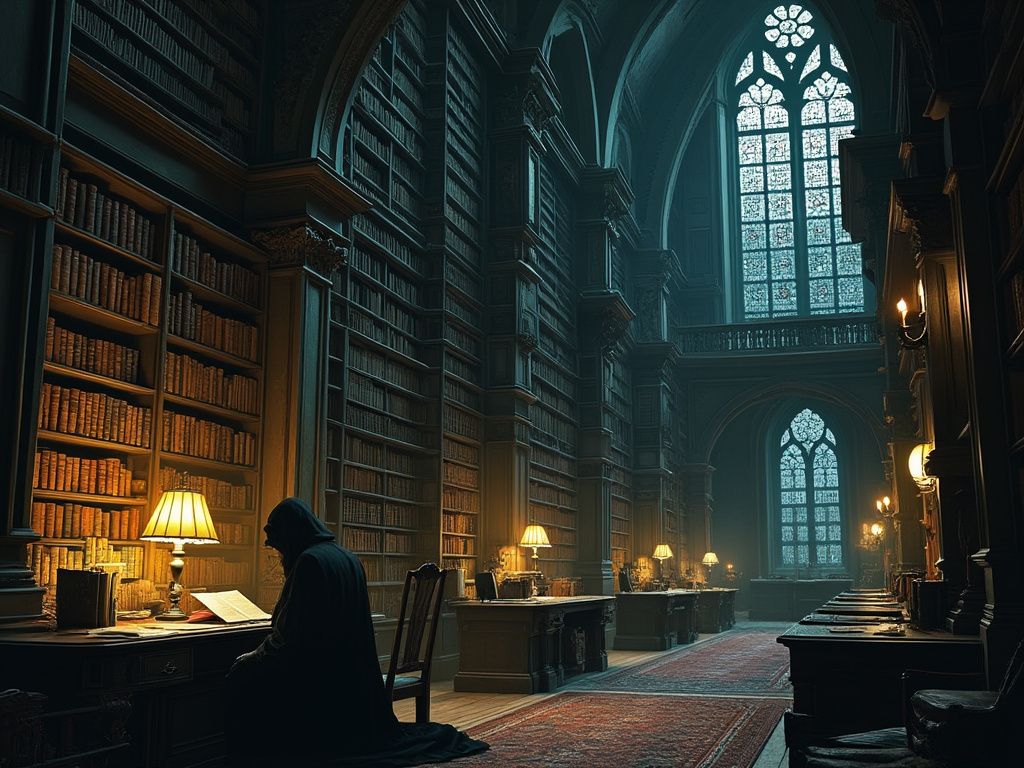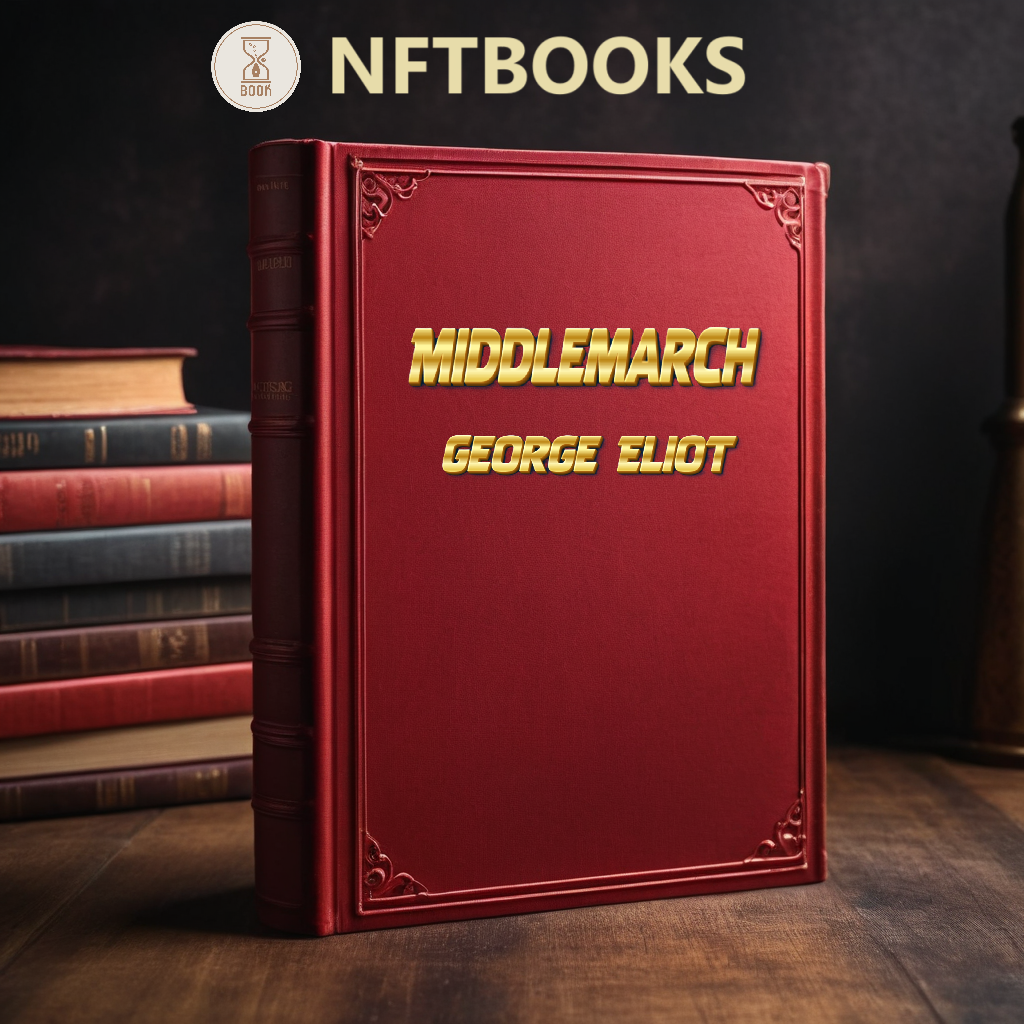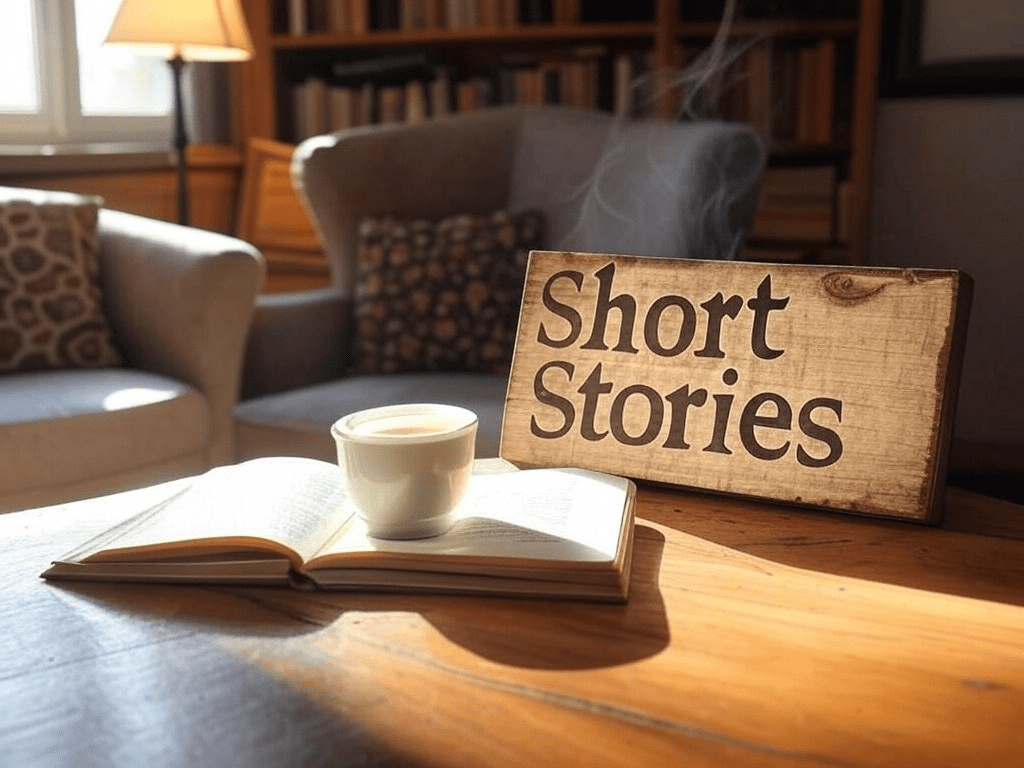Introduction
Dark academia is more than just a literary trend; it’s a movement that captivates readers by combining intellectual exploration with a mysterious aesthetic. Rooted in themes of knowledge, ambition, and the allure of gothic environments, why dark academia books are taking over your bookshelf lies in their ability to resonate with readers on a deeply emotional and philosophical level. But what exactly makes this genre so compelling? Let’s uncover the unique characteristics and cultural appeal of this growing literary movement.

What Defines Dark Academia?
Dark academia is a genre that romanticizes academic life, intellectual pursuits, and the darker aspects of human nature. It blends elements of gothic fiction, philosophical themes, and richly detailed settings, creating a distinctive literary experience.
Hallmarks of Dark Academia Books
Atmospheric Settings:
Dark academia novels often transport readers to environments steeped in history and mystery. Think ancient universities with ivy-covered walls, candlelit libraries filled with leather-bound books, and sprawling campuses shrouded in fog. These settings become characters in their own right, shaping the narrative and influencing the choices of the protagonists.
Philosophical Themes:
Unlike conventional genres, dark academia delves deep into existential questions. The protagonists often wrestle with morality, ambition, and the pursuit of forbidden knowledge. These themes not only add depth to the stories but also provoke introspection in readers.
Complex Characters:
Protagonists in dark academia are rarely heroic in the traditional sense. They are deeply flawed, often driven by obsession or arrogance, yet they possess an undeniable charm. Their intellectual pursuits and personal struggles make them relatable and compelling.
A Deeper Look at Notable Examples
- The Secret History by Donna Tartt: This seminal work of dark academia revolves around a group of students at an elite Vermont college who become entangled in a murder. With its richly detailed prose and exploration of moral decay, it sets the benchmark for the genre. Readers are drawn into a world of Greek philosophy, forbidden rituals, and the unraveling of friendships under the weight of guilt.
- If We Were Villains by M.L. Rio: Set in a prestigious arts conservatory, this novel explores the lives of theater students consumed by Shakespearean drama, both on and off stage. The intricate storytelling mirrors the Bard’s themes of jealousy, betrayal, and redemption, making it a modern masterpiece of dark academia.
- Bunny by Mona Awad: This novel adds a sinister twist to the genre, with a story centered on a clique of writers in an MFA program. Through a blend of satire and horror, it examines themes of conformity, identity, and creativity. Awad’s sharp writing and dark humor make this a standout addition to the genre.
These books showcase why dark academia books are taking over your bookshelf—they create a perfect balance of intellectual stimulation and narrative intrigue.
Why Dark Academia Appeals to Modern Readers
Escapism Through Academia
In today’s fast-paced, technology-driven world, dark academia provides a nostalgic escape to a simpler, more thoughtful time. Moreover, its romanticized portrayal of academic life—complete with handwritten notes, leather journals, and Latin phrases—appeals to those who long for intellectual pursuits and introspection.
For many readers, this genre offers a retreat into a world where knowledge is deeply revered, and aesthetic beauty enhances every moment. Furthermore, the evocative atmosphere—from dimly lit libraries to rainy campus days—immerses readers, transporting them to an idealized vision of academia that feels both timeless and enchanting.
Relatable Themes for a Modern Audience
Despite its vintage aesthetic, dark academia resonates with contemporary struggles:
- Pressure of Excellence:
Many readers relate to the protagonists’ pursuit of perfection, whether in academic or personal endeavors. This pressure often leads to ethical dilemmas and personal crises, mirroring real-world challenges. - Existential Questions:
The genre thrives on philosophical musings about identity, purpose, and morality. Protagonists question their own motives and the consequences of their actions, engaging readers in these timeless debates. - Gray Morality:
Unlike traditional hero-driven narratives, dark academia often explores the morally ambiguous choices of its characters. This nuance adds complexity to the storytelling, making it both realistic and thought-provoking.
By addressing these themes, the genre appeals to readers seeking more than just entertainment—those looking for stories that challenge their perspectives and provoke introspection.
How to Build Your Dark Academia Collection
Dark academia isn’t just a literary genre; it’s an experience. To fully embrace it, you need to curate a collection that reflects its essence.
- Start with the Classics:
Foundational works like The Secret History are essential for understanding the roots of the genre. These novels establish the tone, themes, and aesthetics that define dark academia. - Explore Modern Titles:
Contemporary novels like If We Were Villains offer fresh perspectives while staying true to the genre’s core elements. They demonstrate how dark academia continues to evolve, incorporating modern settings and sensibilities. - Incorporate Poetry and Essays:
Expand your collection with works by poets like Sylvia Plath or essays on philosophical topics. These additions deepen the intellectual appeal of your collection. - Create the Atmosphere:
Enhance your reading experience with elements inspired by the genre—vintage stationery, classical music playlists, and ambient lighting. The right atmosphere can make your dark academia journey even more immersive.
Recommended Titles to Start With:
- The Secret History by Donna Tartt: A tale of obsession and moral decay.
- If We Were Villains by M.L. Rio: A Shakespearean drama brought to life.
- Bunny by Mona Awad: A darkly humorous exploration of identity and creativity.
These works will form the foundation of your collection, showcasing the diverse ways in which the genre can captivate and inspire.
The Cultural Shift Towards Dark Academia
Social Media’s Role
The rise of platforms like TikTok and Instagram has amplified the popularity of dark academia. Influencers and creators share aesthetically curated photos of vintage libraries, monochromatic outfits, and moody campus settings, introducing the genre to a broader audience.
Why It Matters
At its core, dark academia is a celebration of knowledge, curiosity, and the beauty of imperfection. In an era where instant gratification often overshadows depth, the genre serves as a reminder of the value of intellectual pursuits and introspection.
This cultural shift is why dark academia books are taking over your bookshelf—they represent a yearning for meaning, beauty, and connection in a fast-paced, disconnected world.
Conclusion: Why Dark Academia Books Are Taking Over Your Bookshelf
Dark academia is more than a genre; it’s a movement that resonates deeply with modern readers. Its blend of intellectual depth, aesthetic beauty, and complex characters creates a captivating experience that’s hard to resist. By exploring themes of ambition, morality, and identity, the genre invites readers to reflect on their own lives while immersing themselves in richly detailed narratives.
Are you ready to dive into the world of dark academia? Share your thoughts in the comments below or recommend your favorite titles to fellow readers.
You might be interested in reading Historical Fiction- A Journey Through Time as well.







